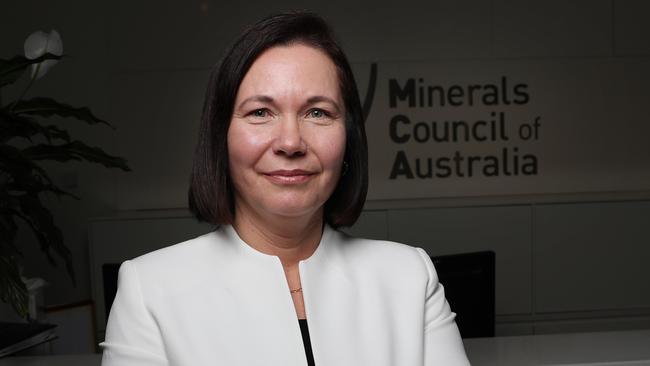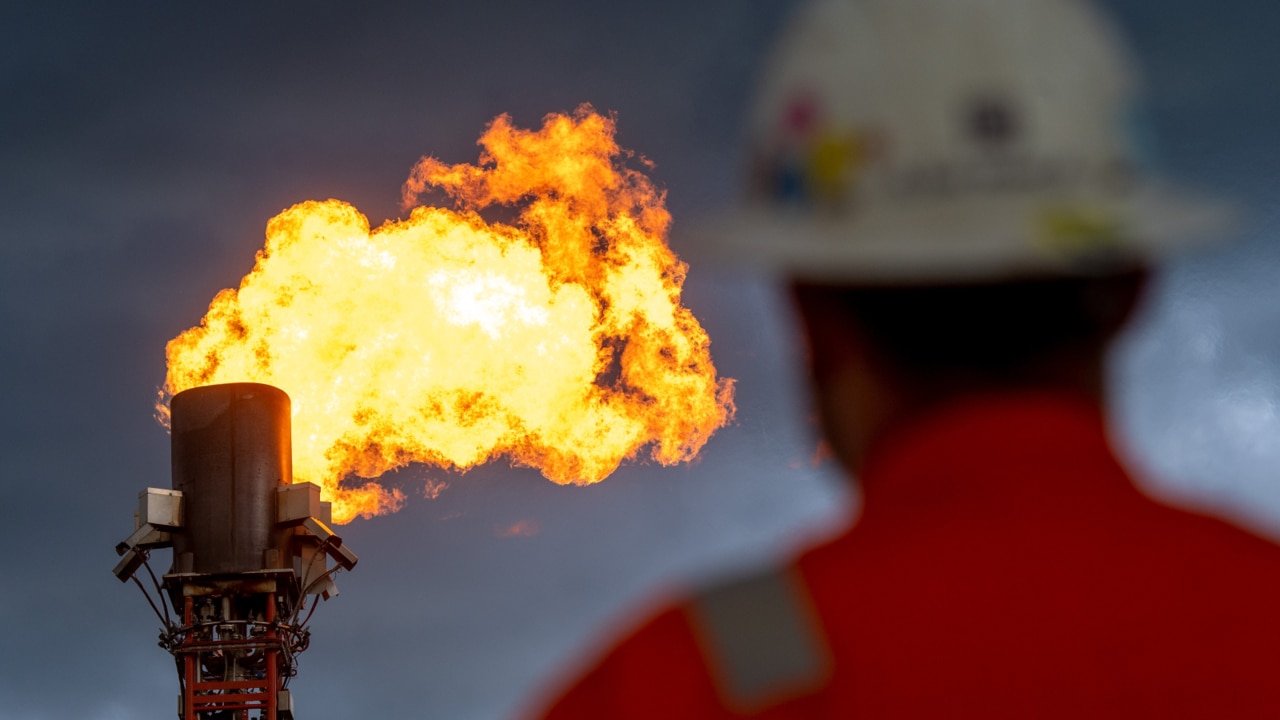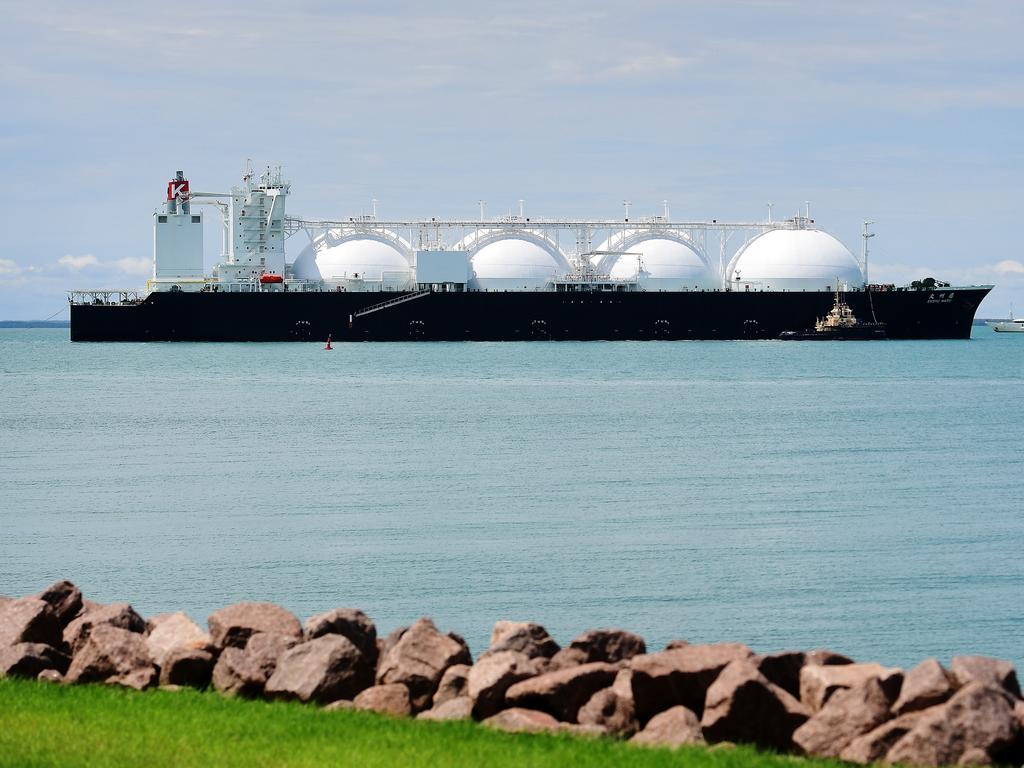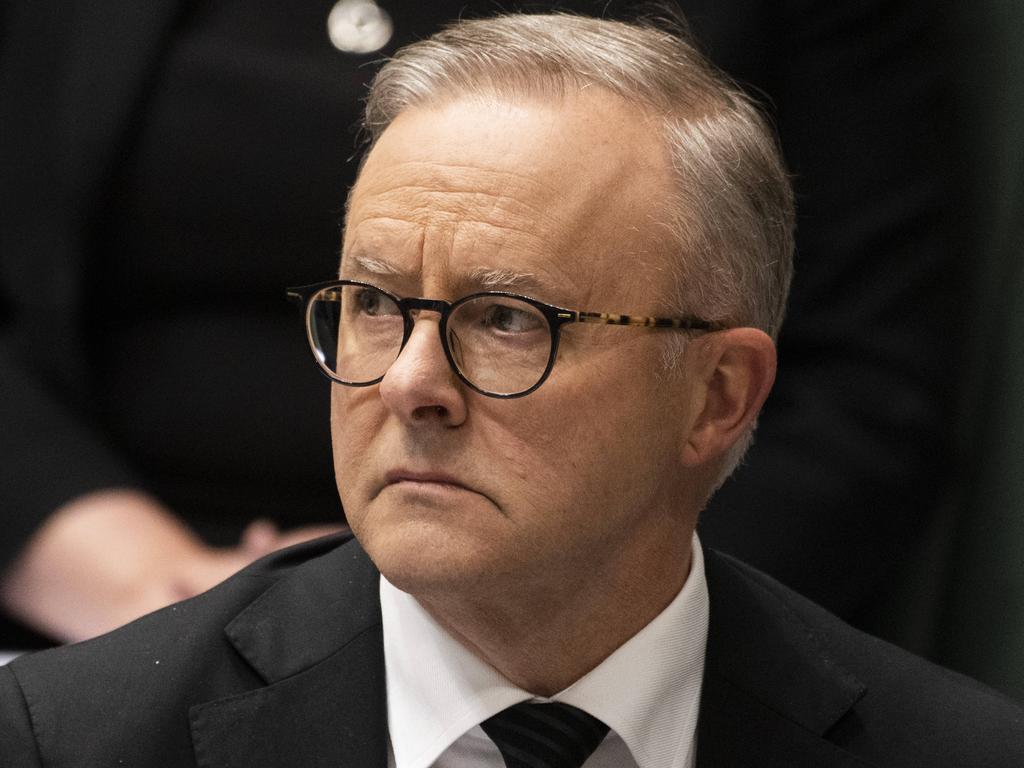‘Don’t go there’: Anthony Albanese warned on new gas and coal tax
Anthony Albanese’s plans to put a new tax on gas and thermal coal faces a firestorm from industry, a political fight from Peter Dutton and warnings from trading partners.

Anthony Albanese’s plans to put a new tax on gas and thermal coal in an effort to take pressure off electricity prices faces a firestorm from industry, a political fight from Peter Dutton and warnings from trading partners.
The Minerals Council of Australia has declared: “A tax on mining will put Australia’s economic recovery at risk, and hurt the very people the government is trying to help: households and small business owners”.
MCA chief executive officer Tania Constable said such a tax “will have dangerous consequences that will only exacerbate the cost-of-living crisis that is hitting Australians hard”.
“More job losses at a time when families are doing it tough. Less investment at a time when the Australian economy needs bolstering. More risk to the viability of power plants. Less tax revenue for schools, hospitals and infrastructure,” she said citing the Rudd-Gillard government’s resources profits tax.
The NSW Mining Council said it would oppose any moves to put a new levy or tax on thermal coal because it would damage the NSW economy’s biggest export and threaten communities of workers in the Hunter Valley.
The Opposition Leader said any new tax on gas and thermal coal “would kill confidence and investment and raise sovereign risk damaging our international reputation”.
Japanese ambassador Shingo Yamagami said that as a significant importer of Australian gas, Japan was watching the debate on energy closely and hoped we would “remain a reliable and trusted supplier of energy and resources to Japan, as well as a safe place to invest”.
The alarm in the resources industry spread after the Prime Minister confirmed a new tax on gas and thermal coal, as revealed exclusively in The Australian, was under consideration although he said it was not the government’s “preference”.
Federal cabinet is set to consider a new tax aimed at taking pressure off energy prices for households and industries vulnerable to the spike in electricity bills when Mr Albanese returns from a nine-day overseas trip to attend three Asian summits.
It is expected that the new tax would be temporary and aimed at reducing domestic energy prices and easing pressure on energy-intensive industries that are threatened with closure and job losses.

On Friday, Mr Albanese did not rule out a new tax or levy and while he said it wasn’t “our preference” the government was “working through the issue” and still had a timeline of action on power prices before Christmas.
“We need to acknowledge that in half of the states, we’re literally talking about state-owned assets involved here,” Mr Albanese told ABC radio.
“So the states and territories will need to be engaged here, particularly in NSW and Queensland.
“We need to acknowledge that there are extraordinary profits being made at the same time as the customers are really doing it tough”.
Mr Dutton said it was “unbelievable” Labor was considering a new tax. “Inflation is up, interest rates are up and going higher and there is an energy crisis,” he said.
“If that’s not bad enough Labor is smashing business with a 1980s industrial relations system and now a mining tax 2.0 which would kill confidence and investment and raise sovereign risk damaging our international reputation.”

Ms Constable said the mining industry acknowledged that families and low-income earners “are doing it tough due … but you don’t tax your way out of a problem”.
“Such a lazy approach to policy and politics will always have perverse outcomes,” she said.
Resources Minister Madeleine King will visit Japan this weekend to reassure Japan about the supply of resources and develop new projects with critical minerals.
Before she left, Ms King said, in relation to power prices, that “the Treasurer has been clear and all ministers have been clear, everything remains on the table”.
On Tuesday, Treasury secretary Steven Kennedy opened the door for “temporary” and “direct” intervention in the energy market, saying it was justified by the extraordinary circumstances associated with Russia’s invasion of Ukraine.








To join the conversation, please log in. Don't have an account? Register
Join the conversation, you are commenting as Logout